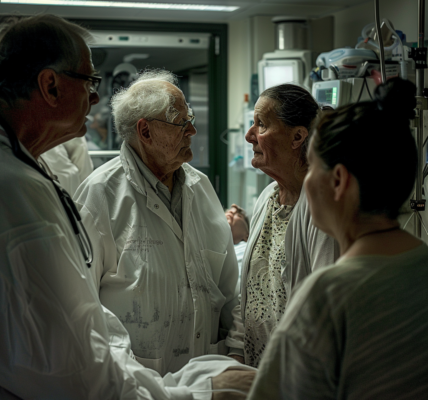A groundbreaking study has revealed that a simple mouthwash test could potentially detect early signs of stomach cancer years before symptoms manifest. Researchers from the Rutgers Robert Wood Johnson School of Medicine in New Jersey utilized a ‘swish and spit’ oral rinse to identify indicators of the disease, which often goes unnoticed until it reaches an advanced stage.
The study uncovered distinct alterations in mouth bacteria in individuals who later went on to develop stomach cancer. This form of cancer ranks as the fourth leading cause of cancer-related deaths worldwide, with its symptoms frequently masquerading as less severe ailments. Consequently, the disease is frequently diagnosed late, by which time it has already metastasized.
Recent studies have suggested a concerning uptick in stomach cancer cases among young people, aligning with the broader trend of rising cancer incidences, including a more than 300% surge in colon cancer cases in teenagers over the past two decades.
The researchers identified a correlation between the composition of mouth bacteria and stomach health. Dr. Shruthi Reddy Perati, the lead author of the study and a general surgery resident at Rutgers Robert Wood Johnson School of Medicine, emphasized the significance of understanding the oral microbiome in gauging stomach conditions. ‘Knowing what bugs are in your mouth tells us what the stomach environment is like,’ Dr. Perati noted. This insight could potentially pave the way for transformative diagnostic tests and guidelines.
The research team examined mouth bacteria samples from 98 patients slated for endoscopy, a diagnostic procedure involving the insertion of a camera into the stomach through the throat to investigate digestive issues. Among the sampled individuals were 30 stomach cancer patients, 30 individuals with precancerous stomach conditions, and 38 healthy control subjects.
While conditions like stomach lining inflammation do not invariably progress to cancer, the study revealed that one in 50 individuals with such inflammation who undergo endoscopy may develop stomach cancer over a span of 20 years. Crucially, the researchers pinpointed significant disparities in the oral microbiomes between the healthy cohort and those afflicted with cancer.





